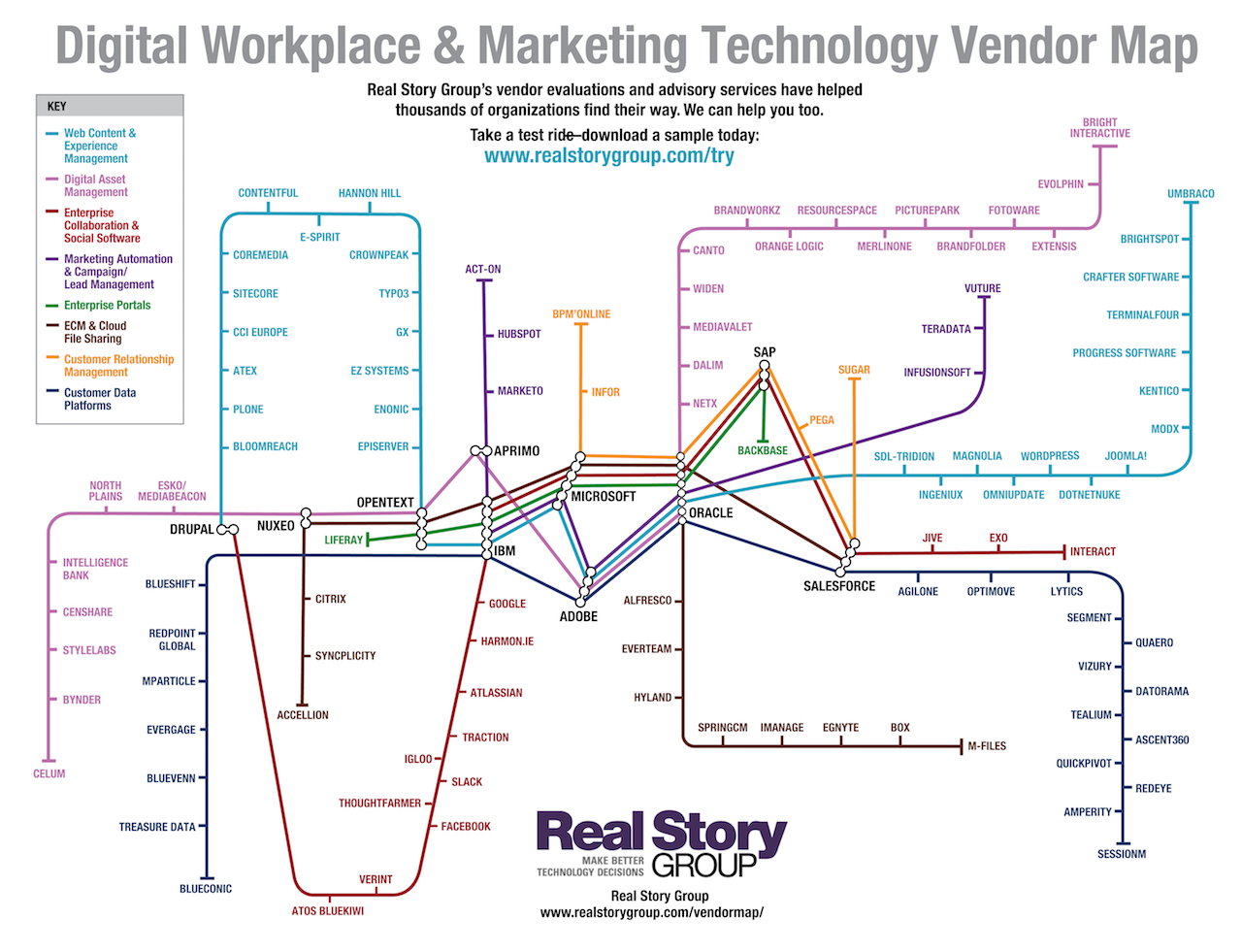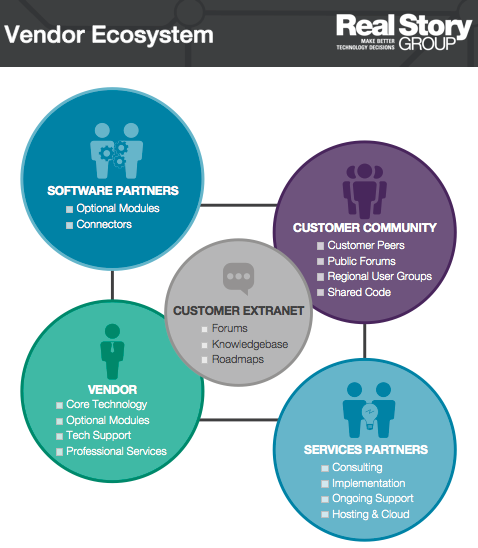When your vendor does not do cloud
Lately I've been spending time with enterprise architects among some of our subscription customers. It's really enjoyable because they always raise challenging questions and issues.
Not surprisingly, most architects have taken an intense interest in cloud-based computing, across both its public and private (and hybrid) incarnations. These same architects typically also participate in software selection decisions. Then here's what happens: architects immersed in planning cloud-based futures often get surprised to discover how poorly traditional software vendors fit into that world.
Among the unpleasant surprises that can emerge:
- Most off-the-shelf ("COTS") tools are not readily cloudable, or claim cloud-readiness but must be installed in a specific cloud environment (like Azure) and often cannot take advantage of some key cloud benefits, like elasticity and rapid provisioning of new instances
- Many SaaS-based offerings (increasingly favored by business units) do not actually employ cloud infrastructures -- not the end of the world, but requires probing the attendant consequences
- Some self-described "cloud-based" solutions are really just managed hosting services for traditional COTS packages -- in short, outsourcing your datacenter, and not much more (sometimes much less)
Architects looking to engage business stakeholders on the benefits of cloud need to understand that...
- Non-technical people may have a very different idea about what "cloud" means
- Vendors coming in to solve business problems may have similarly fuzzy (often conveniently fuzzy) notions
So it becomes all the more important for architects to remove any rose-colored glasses when looking at packaged software. There's a reason why software that's purpose-built for cloud deployments works better in that environment than toolsets struggling through a cloud retrofit. Let us know if we can help you sort it all out.







